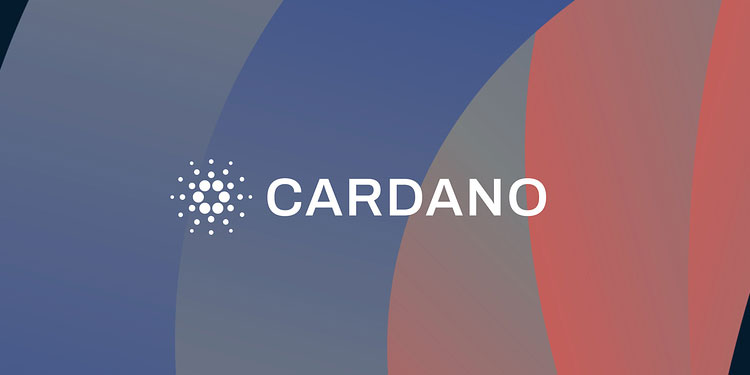 Coin Ceylon, a Sri Lankan cryptocurrency enterprise, has introduced the initial Non-Fungible Tokens (NFT) in the country that are upheld on the Cardano blockchain. More than one thousand out of the total of six thousand NFT items have been produced or “minted” so far, and there is still a strong global demand for them. The NFT aims to convert and safeguard the cultural heritage of the ‘Yaka’ mask tradition in Sri Lanka through digital means.
Coin Ceylon, a Sri Lankan cryptocurrency enterprise, has introduced the initial Non-Fungible Tokens (NFT) in the country that are upheld on the Cardano blockchain. More than one thousand out of the total of six thousand NFT items have been produced or “minted” so far, and there is still a strong global demand for them. The NFT aims to convert and safeguard the cultural heritage of the ‘Yaka’ mask tradition in Sri Lanka through digital means.
Coin Ceylon has undertaken the responsibility of enhancing the Crypto Community’s understanding of the extensive historical roots that underlie the Yaka culture in its entirety. The company has opted to create NFTs with a focus on sustainability for creators, the environment, and the investing community, as part of its economic strategy.
During the Yaka NFT inauguration, Kavinda Kariyapperuma, the founder of Coin Ceylon, expressed that their unique proposition in the NFT industry is their commitment to sustainability. We have already exhibited that Sri Lanka has the ability to embrace cryptotechnology. The long-term sustainability of this project relies on the growth of its community, which must be self-sufficient.
The ‘Bored Ape Yacht Club’ can solely generate value by making contributions to the larger community. Coin Ceylon plans to integrate the Yaka NFT into other prevalent blockchain technologies. In order to incentivize prompt adoption of the NFT, the corporation has furnished substantial stakeholders with concrete goods and genuine encounters. Kariyapperuma admitted that the creation of tokens did not confer any form of ownership recognition beyond the confines of the Cardano blockchain or in the legal realm.
Cardano is characterised by its energy efficiency, scalability, and ability to foster practical applications. The creation of these non-fungible tokens (NFTs) signifies a significant initiative within the cryptocurrency community to convert and safeguard the nation’s valuable cultural heritage on a broad scale.
Upon possessing a specific and noteworthy NFT, the individual who owns the corresponding wallet is entitled to obtain a custom-made physical replica of their NFT, which can be shipped to any destination worldwide. A small group of NFT holders who possess a significant amount of tokens are qualified to be granted a trip to Sri Lanka for the purpose of witnessing the production process of ‘Yaka’ masks in person. Kariyapperuma defined the blockchain as a tool that offers a digital verification of genuineness. According to Sandro Knopfel, who is the head of Financial and Regulated Institutions at the Cardano Foundation, the organisation is committed to creating technology that can be scaled effectively.
The funds generated from the production of tokens will be utilised to support social endeavours such as programmes for the welfare of artists, preservation of culture, and improvement of livelihoods. The Cardano blockchain is among the distributed ledger systems that exhibit higher energy efficiency.








